The Sabah government and Tenaga Nasional Berhad (TNB), the two shareholders in Sabah Electricity Sdn Bhd (SESB), would have to sit down together if the Sabah government wishes to acquire more equity in SESB.
According to Energy, Green Technology and Water Minister Datuk Seri Panglima Dr Maximus Ongkili, it is possible for the State government to acquire the 10 percent stake in SESB as mentioned by Industrial Development Minister Datuk Seri Panglima Raymond Tan Shu Kiah recently.
"The Sabah government can submit their proposal to the other shareholder (TNB)" he said, adding that his ministry could only act as a regulator in the matter.
Maximus also said that the System Average Interruption Duration Index or SAIDI in Sabah had gone down from 4,109 in the year 2005 to only 241 in 2017. The reduction of 94.1 percent within the 12-year period was an encouraging achievement, he said, adding that Sabah's SAIDI was better than countries such as Sweden, Malta, Croatia and Finland.
"But that does not mean that the government is content with the achievement. Efforts are being undertaken by the government to ensure that electricity supply rate in Sabah continues to rise to the level that has been fixed under the 11th Malaysia Plan which was to reduce Sabah's SAIDI to 100 minutes for each customer per year" he said.
He added that the government had allocated RM2.3 billion to implement 57 electricity supply infrastructure projects consisting of delivery and distribution projects.
In addition, TNB, the main shareholder for SESB has implemented the TF 150 initiative which was geared to reduce the SAIDI in Kota Kinabalu, Labuan, Tawau, Sandakan, Tuaran, Papar, Kota Belud and Kota Marudu to 150 minutes per customer per annum starting this year.
Nevertheless, it was not enough to concentrate mainly on the development of electricity supply infrastructures, he said.
"SESB as the electricity supplier must ensure its sustainability so that it can continue giving its best services to its users" he said.
He said that not many people were aware that the cost of electricity supply in Sabah was higher than the tariff imposed on its users.
"The electricity supply cost is 44.30 sen/kWh while the average tariff rate imposed on users is only 34.52 sen/kWh. This means that the government not only prepares the allocation to develop the electricity supply infrastructure but also provides the subsidies to SESB to pay for the difference so that SESB can continue to carry out its business of supplying electricity to users" he said.
The amount of subsidies that had been allocated by the government has amounted to RM2.65 billion since 2012 to 2016.
He added that there were presently 600,000 electricity users in Sabah.
In his speech, Maximus also spoke of the decisions that were made by his predecessors in the past that were now being heavily opposed by members of the opposition.
"I defend the decisions of my predecessors" he said.
He also said that his ministry was the regulator for energy supply and its policies in the country. While Sarawak has been given the delegated power to manage its own electricity supply, he said this was not the case for Sabah. He said that among others, the role of his ministry was to control the licensing and the conditions for the utility providers, which includes SESB, in the country. .
.jpeg)
_PH_Banner_(Desktop)(1200x180px).png)

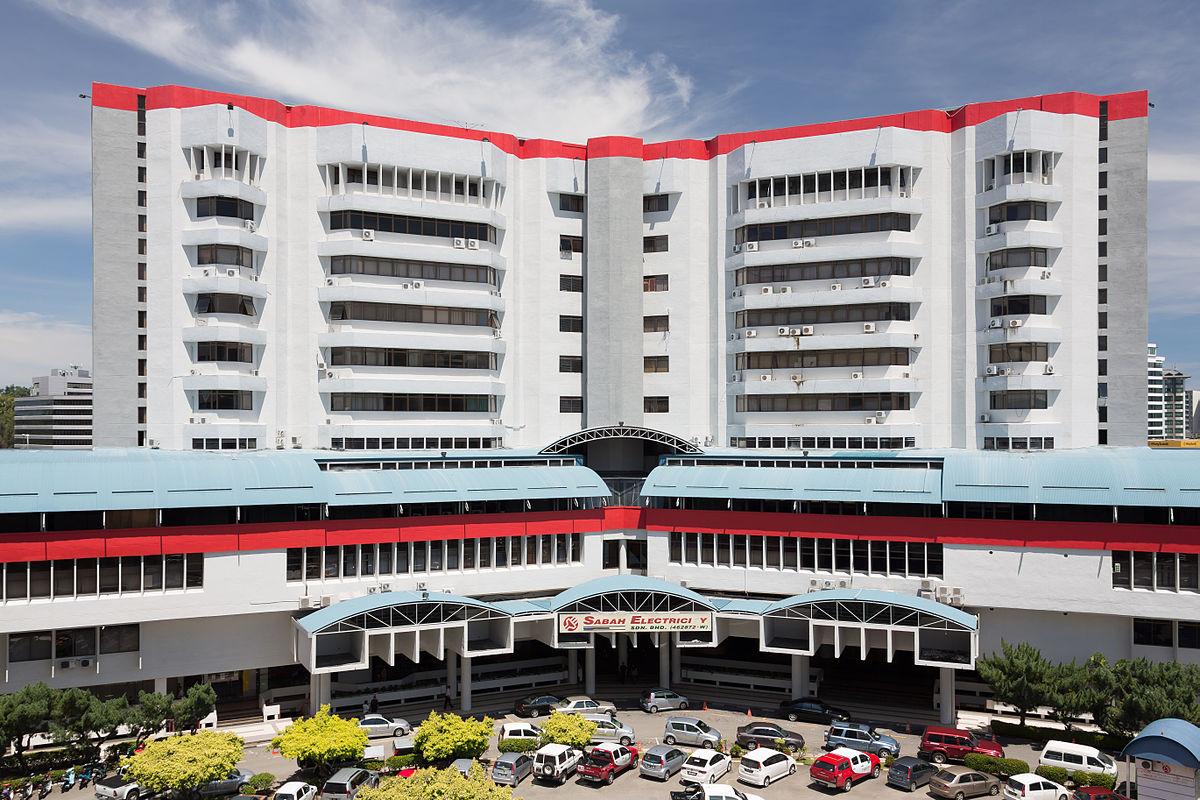
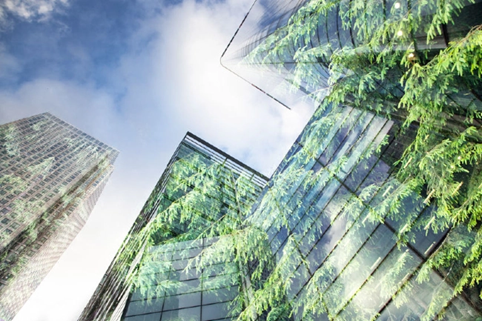
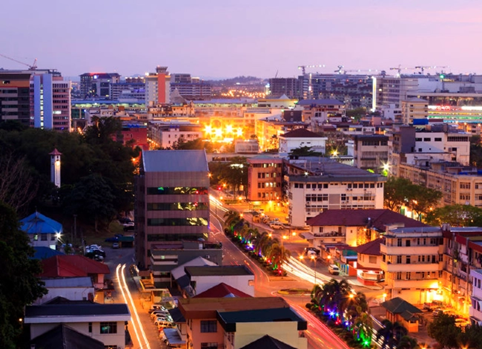
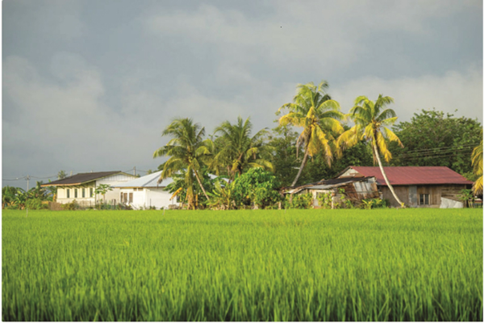
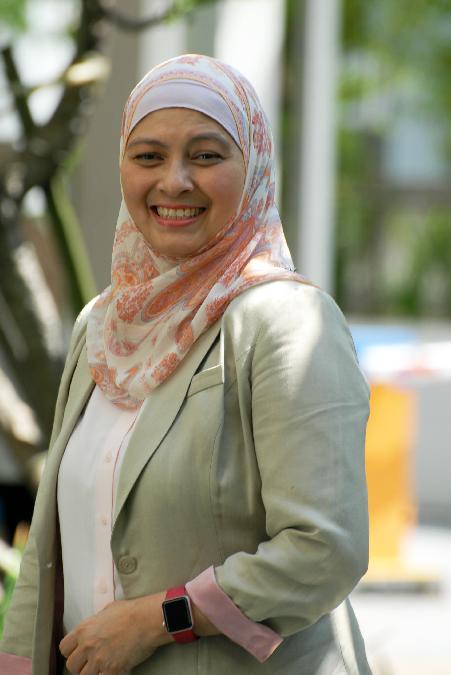
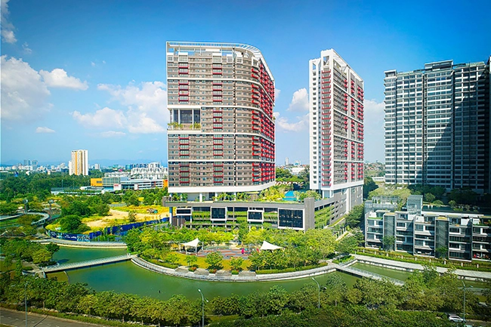
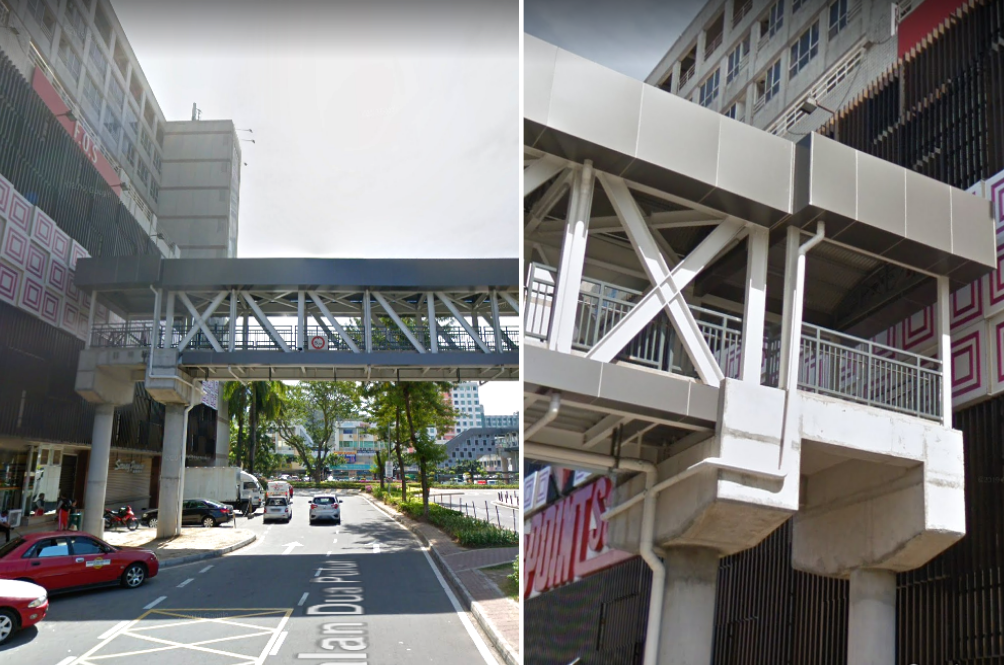

.jpeg)

